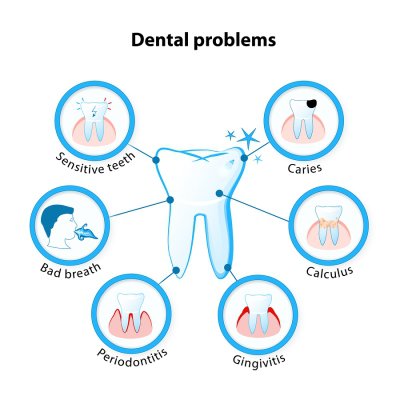How Periodontal Disease Can Lead to Dental Implants

Periodontal disease is a serious oral health condition with far-reaching implications. Along with systemic health problems, it can also lead to the need for dental implants. If you have been diagnosed with periodontal disease in Peoria, follow your treatment plan closely to minimize the impacts of the infection, and protect your health. Here is a look at how having untreated periodontal disease increases your risk of needing dental implants.
Periodontal Disease 101
Periodontal disease, or gum disease, is an infection in your gums caused by bacteria. The infection usually begins with a plaque that has not been cleaned from the teeth surfaces becoming a hard substance called tartar. Tartar can only be removed during a professional dental cleaning, or it can easily enter your gums. When this happens, periodontal disease occurs. In its early stages, periodontal disease is called gingivitis and can usually be reversed with better oral hygiene practices. The advanced stage of the disease is called periodontitis and can cause significant health concerns, including tooth loss. Most people who receive dental implants because of periodontal disease have periodontitis.
Periodontal Disease and Tooth Loss
When periodontitis occurs, the gums pull away from the teeth, allowing infected spaces to form. These spaces allow toxins to grow below the visible gum line and to the jawbone beneath. As your immune system tries to fight the bacteria, both your immune response and the bacteria break down connective tissues and cause bone deterioration. This process causes your teeth to become loose. They may fall out or your dentist may suggest tooth extraction. This can occur in one tooth, or periodontitis can lead to complete tooth loss.
Tooth Loss and Dental Implants
Even if periodontal disease only claims one of your teeth, ignoring it can lead to further oral health problems. Your remaining teeth will shift, and the bone where your tooth was will deteriorate quickly. Dental implants offer a natural-looking solution to lost teeth and help to preserve your jawbone without putting pressure on neighboring teeth as other replacement methods can. For many people, getting dental implants is an important part of recovering from periodontal disease.
